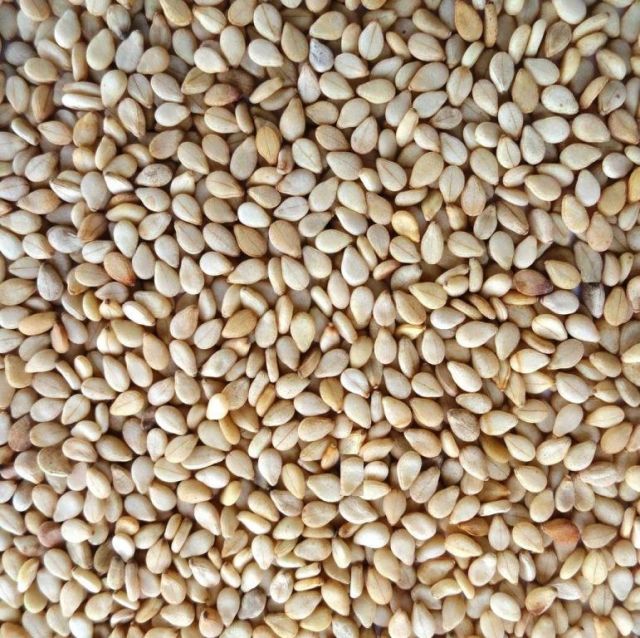Communal farmers in Chiredzi North embrace drought tolerant crop
Story by Gay Matambo
COMMUNAL farmers in Chiredzi North have embraced the production of drought-tolerant crops which have provided promising avenues for economic stability and food security, in the wake of climate change.
As the scorching midday sun beams, Mr and Mrs Mafuta, a diligent farming couple from Quarantine area in Chiredzi North, are meticulously cutting down their semi-dried sesame crop in preparation for harvesting the oil seeds.
Despite a lean summer cropping season that left most communal farmers without a decent harvest, sesame production has emerged as a lifeline.
“We chose to grow sesame on our one-hectare plot because it’s drought-resistant and thrives in conditions with limited water availability,” Mrs Mafuta says.
Mr Mafuta concurs, “In a region where water scarcity is a major concern, sesame has proven to be a reliable alternative.”
Headman Fanuel Gwanya, a communal farmer in Masimbaevanhu area is another living testimony after acquiring a herd of cattle with proceeds of sesame production.
“Growing this cash crop has changed my life for the better, I can now fend for my family despite that we did not harvest anything from the maize and sorghum crops. At least we can sell the sesame seeds and purchase grain,” he says.
The burgeoning sesame farming community is, however, yearning for a reliable market.
Headman Gwanya adds, “If we had a consistent market that offered fair prices, we could truly prosper. As it stands, we’re being exploited.”
“Finding a trustworthy buyer is difficult,” says sesame farmer, Mr Emmanuel Chimuka.
“We’ve worked so hard, but when it comes to time to sell, the prices offered are often unfair, and we have no choice but to accept,” Mrs Mafuta explains.
Sesame seeds are used for the production of various food items and oil extraction.
The seeds are rich in vitamin B-complex, dietary fiber, oil, protein, antioxidants, and minerals, especially, iron, calcium, phosphorus, zinc and magnesium.





